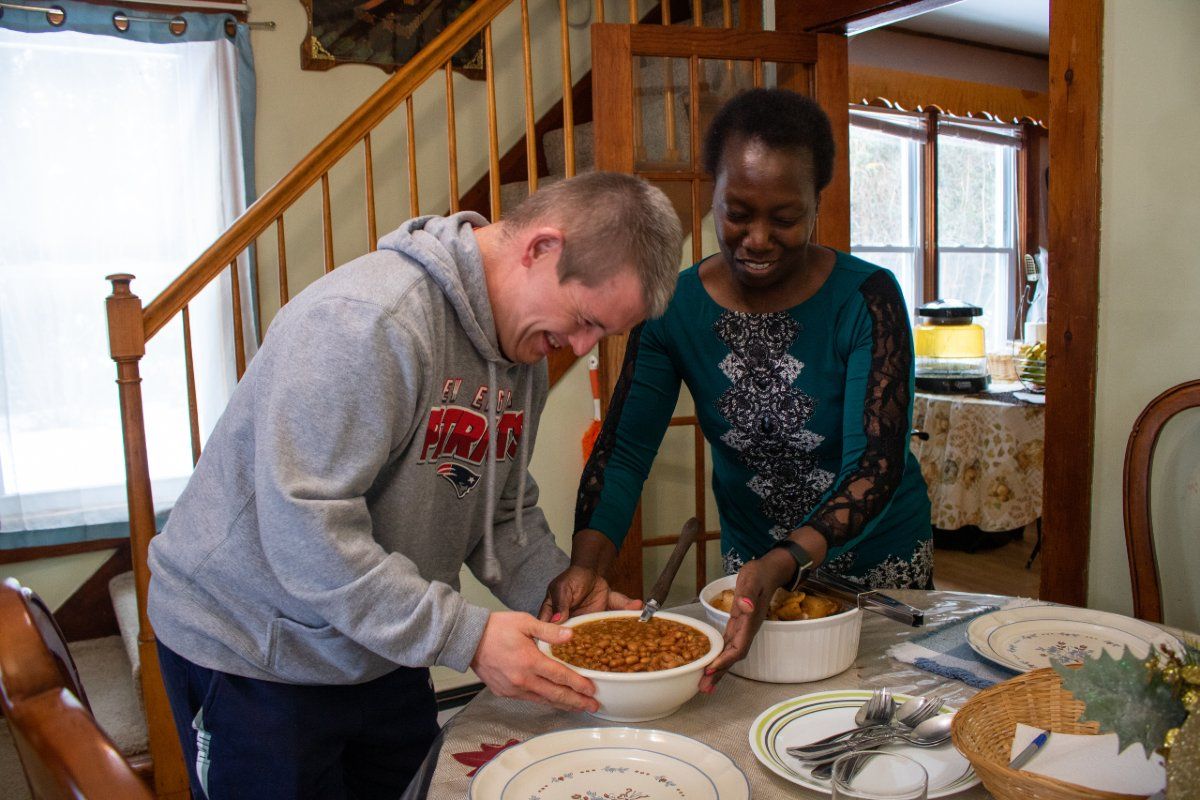
Thanksgiving is about more than turkey, stuffing and pie. It’s also about family, gathering together and…. well, giving thanks.
It is easy to feel grateful when things are going well — when we’re healthy and employed at a satisfying job, for example. It can be harder to give thanks when life gets difficult — when we face the loss of a loved one or when bills are hard to pay.
With the coronavirus pandemic keeping many families apart this Thanksgiving, it may be tempting to focus on the holiday we wish we could have. But gratitude for what is has many benefits and is worth the effort.
Over the past several years, studies have shown that being grateful can:
years, studies have shown that being grateful can:
Earlier this year, Ryan Fehr, an associate professor at the University of Washington and a world-renowned expert on gratitude, told a university blog that gratitude helps us focus on others instead of ourselves.
“During a difficult time, gratitude is more important than ever,” he said. “Research shows that gratitude can help us cope with traumatic events, regulate our negative emotions, and improve our well-being. More importantly, gratitude can have a positive effect on our friends and family, too. It’s a small way to have a meaningful impact.”
Feeling grateful may feel forced at first, but it’s a practice that gets easier the more you do it. As a bonus, making a conscious decision to be grateful can turn it into a habit.
Fehr suggests people follow five steps to feeling grateful:
Here at Nonotuck, we are grateful for our community of dedicated employees, caring families, and the people we serve.
Learn how Nonotuck developed a love-based ideology of care. We started our shared living program as an alternative to group homes for people with disabilities. Instead, Shared Living creates genuine life transformation for people with disabilities, as well as families and communities. The true power of caregiving is found through hospitality, authenticity, and love.